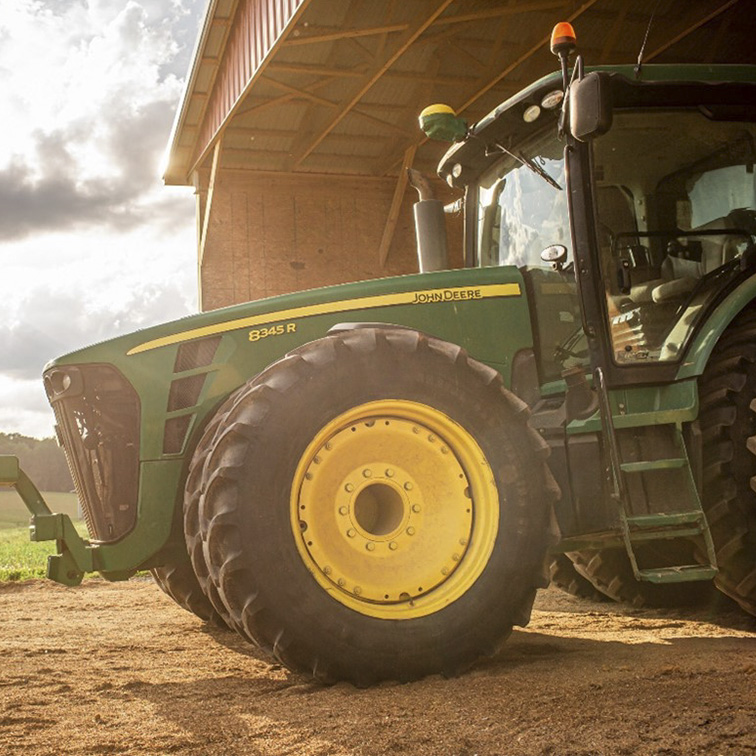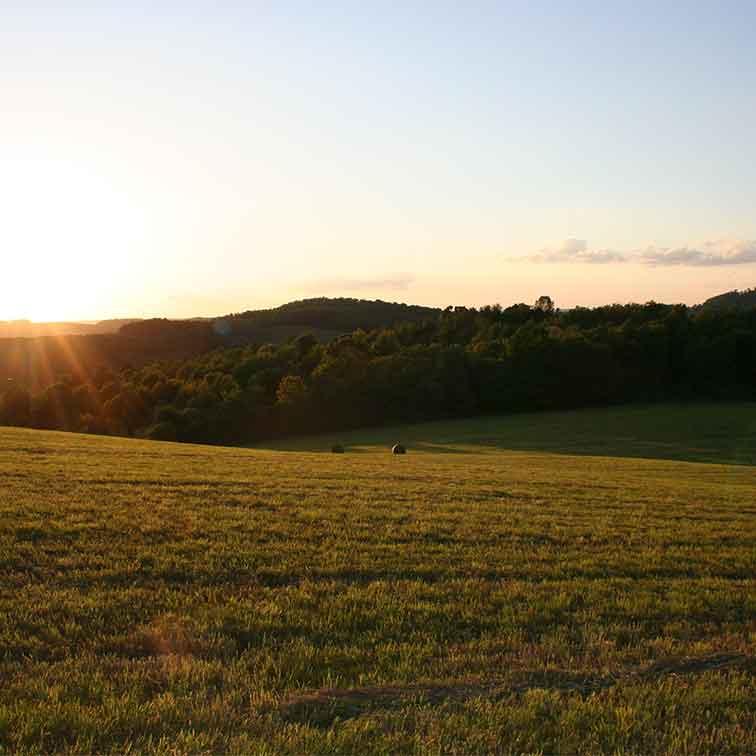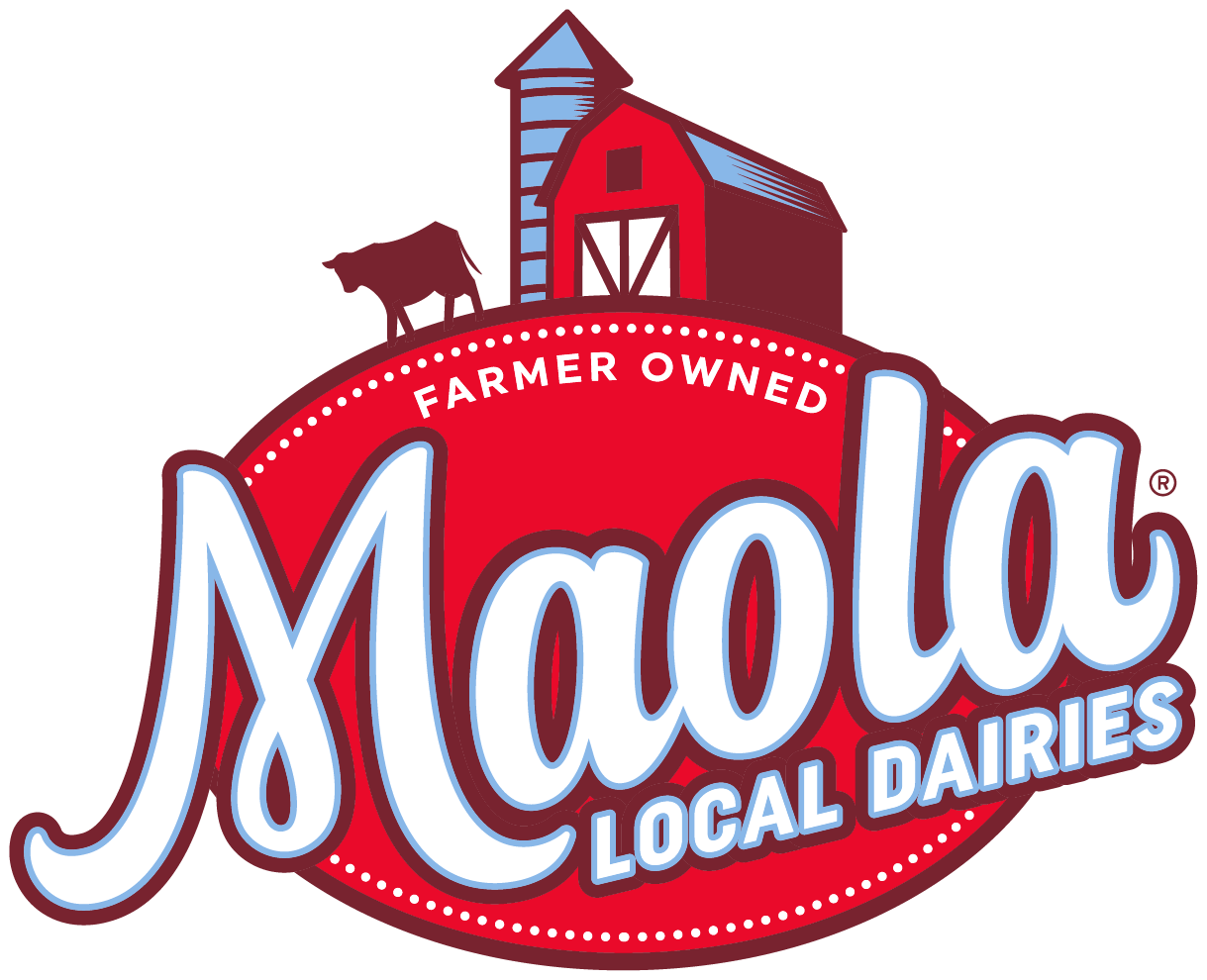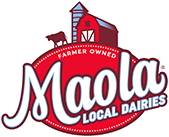Sustainability Spotlight
Maola Milk Celebrates Earth Month in a Big Way
Maola Milk is dedicated to achieving greenhouse gas neutrality by 2050…but what does that mean, and how are we going to do that? Greenhouse gas neutrality means that the number of greenhouse gasses being emitted into the atmosphere is balanced by the number being offset. This means that the amount of greenhouse gases being emitted is balanced by the amount being removed. Maola’s family-owned farms have incorporated numerous sustainability practices in their everyday farming to reduce our carbon footprint. We are highlighting three sustainability practices that Maola farmers use in our mission to achieve greenhouse gas neutrality.


No-Till Farming
Instead of a conventional plow, Maola farmers use specialized equipment so that they can plant their crops and minimally disturb the soil. When soil is disturbed, it can lead to infiltration, which can prevent the soil from being able to absorb water. Infiltration can also cause nutrients that we want to keep in the soil and not in our water to run into our streams. A true no-till system avoids disturbing the soil with conventional plows and uses a small disk to help plant seeds in the right spot. No-till is the way to go.
Water Conservation
Our Maola farmers work diligently every day to incorporate water-saving sustainability techniques to optimize water use. On our farms, water can often be reused up to four times to ensure that nothing goes to waste. One example is by using water to regulate the temperature of milk. That same water can then be used a second time as drinking water for cows. Any extra water will then be used a third time used to flush the dairy barns and keep walkways clean for cows. Our farmers can then capture the water once more and use it a fourth time to irrigate crops. A beautiful cycle of water conservation!
Conservation Areas
Conservation areas, such as riparian buffers, can keep manure and other waste away from the water. A riparian forest buffer is an area made up of bushes, trees, and other greenery that serves as a barrier between a farming area and our waterways. Building conservation areas on our farms allows us to keep cattle out of streams and protects waterways downstream, ensuring our water stays clean.
Manure Management
Cow manure is some of the best fertilizer there is, but we want to make sure that it stays out of our water supply. This is why manure management is so important in keeping our waterways fresh. Maola farmers take great care in capturing, storing, and treating their cows’ manure to make sure that none of it ends up where it doesn’t belong.
These are just a few of the many sustainability practices that our Maola farmers use to help protect our environment for generations to come. Every day is Earth Day at Maola. Subscribe to our weekly newsletter to stay up to date with Maola’s ongoing sustainability efforts.


How does your milk last so long ?
Hi Joan,
Some of our milk products are ultra pasteurized, which is a method of pasteurization that helps to eliminate bacteria and naturally achieve a longer shelf life without any preservatives.
All milk in the US is pasteurized before being sold. For more info on how this process works, read our other blog here
Hi, I’m curious as to what kind of cattle you use for milk. I have stomach issues with most milk but oddly enough this hasn’t been bothering my stomach and I know Jersey Cows are known for that.
Hi Kelly, we do indeed have Jersey cows in our herd!